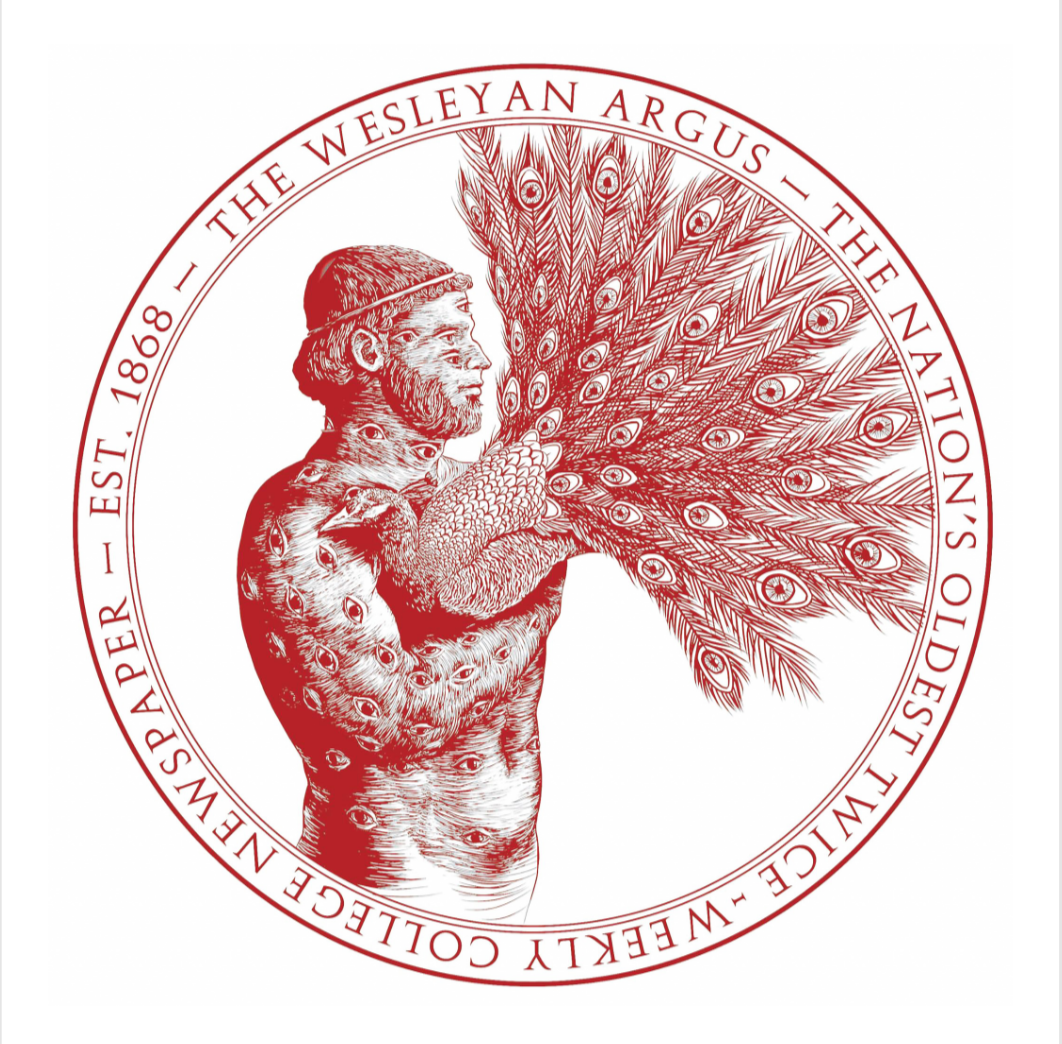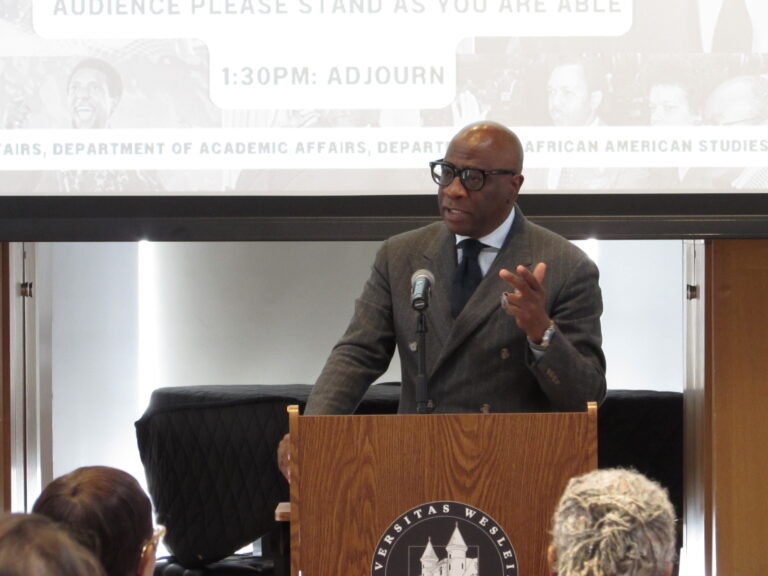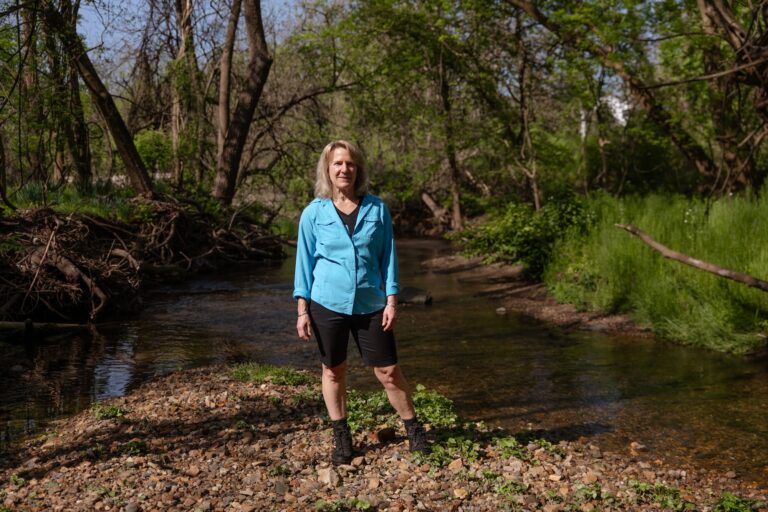University Network for Human Rights Pilots Summer Intensive Program
The University Network for Human Rights (UNHR) will hold an eight-week summer intensive program for undergraduate rising sophomores, juniors, and seniors from any college or university. While students must cover their travel costs, the program will cover all tuition, meal, and housing costs. The application deadline is Feb. 16, and the program will run from June 8 to July 31.
UNHR Development Officer Joshua Peterson explained that interested students should show a strong, demonstrated interest in advocacy and social justice through both their academic and extracurricular pursuits.
“We want people who are strong writers, who are vocal and articulate, but at the same time, we want people who have demonstrated that they don’t merely have those skills but they put those skills to use for a particular cause which they are passionate,” Peterson said.
UNHR Executive Director James Cavallaro taught an Advocacy Seminar at the University called “Human Rights Advocacy: Critical Assessment and Practical Engagement in Global Social Justice,” which he explains is an analogue for what the summer intensive will offer.
“The idea of that is basically to take the four elements that we have over a full year with Wesleyan and compress them into the summer,” Cavallaro said.
The program will take place in three parts. The first part involves learning about human rights advocacy and gaining insight from experts in the field; the second part is an intense simulation period where participants will learn relevant advocacy skills; and the final part will be working on an ongoing advocacy campaign.
“We work with [the accepted students’] universities to create structures where they can continue and can continue to get credit [for their work],” Cavallaro said.
The summer intensive cohort will have approximately 16 students split into working groups on around four to six projects.
“The idea is we’ll take students from all over the country, they’ll come here for the summer intensive two-month experience, they’ll start towards the end of the two months working on projects, and then the idea is that they continue to work on those projects and continue to be supervised,” Cavallaro said.
The application process was split into two rounds, an early deadline on Jan. 20 and the final deadline on Feb. 16. The summer intensive has received around 100 applications so far which, Peterson noted, have been from diverse array of candidates in regards to their majors, interests, and geographical location. The screening process is the same for each deadline and follows standard rolling admissions.
The UNHR is still working with the University to potentially accommodate the cohort in on-campus housing, but they will be near the UNHR office in some capacity.
Peterson hopes the program will serve as a networking opportunity for students from many universities to form connections with others who have a similar commitment to social justice and advocacy.
“I think what we’re hoping students get out of this is a little more real life or practical taste of what it means to be working in human rights advocacy, getting a broader perspective on what that phrase human rights advocacy means, what social justice means,” Peterson said.
Jordan Saliby can be reached at jsaliby@wesleyan.edu and on Twitter @jordansaliby.








Leave a Reply